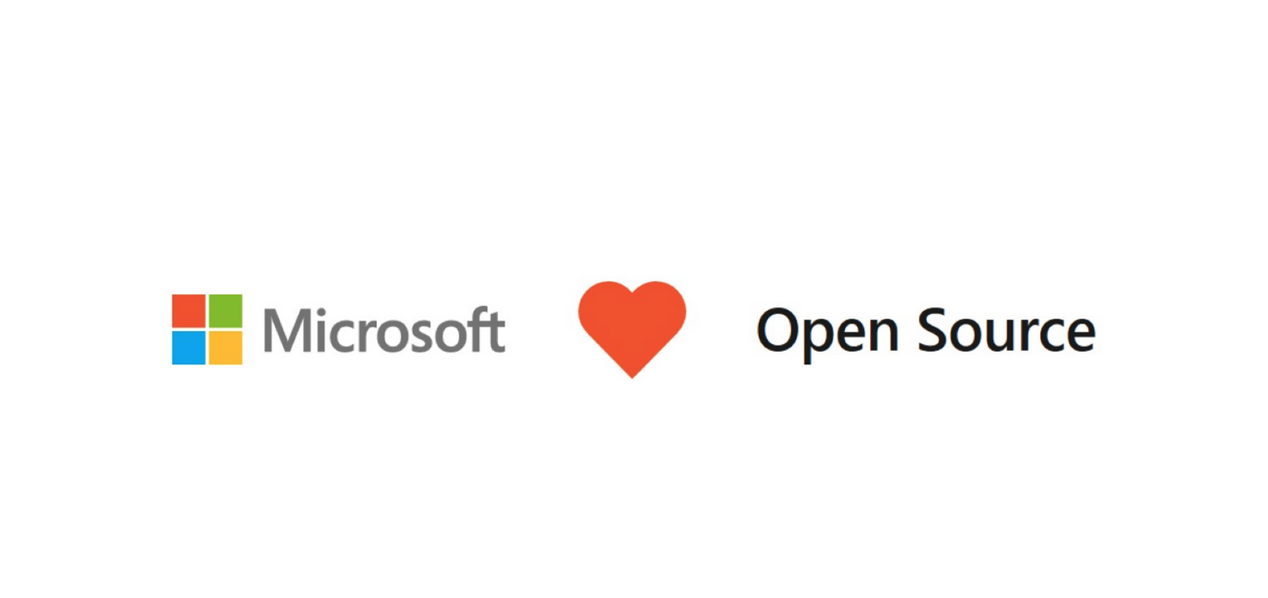Eighty percent feel that privacy is a fundamental right, according to Open-Xchange’s second annual Consumer Openness Index
Austin, TX – March 14, 2016 – Open-Xchange, creator of open source messaging, collaboration and office productivity software, today unveiled the findings of its latest Consumer Openness Index.
The second annual international report was created to explore average Internet users’ attitudes on data privacy and the online services they use. It found that people care more about privacy than ever before, as evidenced by the fact that a large majority (80 percent) of the 3,000 Internet users in the U.S., U.K. and Germany it surveyed believe that privacy is a fundamental right.
Over the past year, public opinions about data privacy have hardened. The Internet-savvy public in all regions surveyed are more likely to report that they would stop using websites and services if news of a privacy scandal emerged. The number of people who believe that technology companies never have the right to share their personal data is up, now representing 57 percent of Internet users in the three countries. However, nearly one in three respondents (31 percent) replied that they didn’t know if their personal data had ever been compromised.
People are demanding elected officials to take a stance to protect the privacy of their data. Eighty-one percent of respondents in the U.S. care about the presidential candidates’ positions on data privacy, and a slight majority (51 percent) believe the candidates should pay more attention to it. Although the report found significant confusion around the data privacy stances of individual candidates, the majority of Americans indicated that a candidate’s position on data privacy would influence their vote.
Respondents in all three regions feel the stakes are high for the U.S. election when it comes to data privacy, as 64 percent of respondents believe it will impact related government policy around the world. Further, regions outside the U.S. had strong opinions on the legislation that affects them. In the U.K., a majority of the public (53%) believes that the impact of the Investigatory Powers Bill, a proposal that would increase the U.K. government’s surveillance powers, has not been adequately explained by Home Secretary Theresa May and lacks a balanced argument. And in Germany, nearly half of respondents (46%) are in favor of the European Court of Justice’s decision to invalidate Safe Harbor.
“Governments and corporations are gathering unfathomable amounts of information about the online lives of every individual,” said Rafael Laguna, CEO of Open-Xchange. “As a result, it’s no surprise that across the world, people increasingly fear their personal data is exposed. Worse than that, recent studies have shown that people feel powerless to protect their data. But there is hope: there are signs that citizens believe that compromising their right to privacy can no longer be tolerated. They are asking for greater transparency in the services they use and the politicians they elect, and searching for solutions to protect themselves.”
Consumers are demanding the ability to protect their data, as the majority (88 percent) would be interested in at least one encryption-related service, such as a one-click button that encrypts outgoing email or encryption as a standard feature of applications they use. However, current encryption solutions are failing consumers because they seem too complicated (for 28% of respondents) or they are not easy to incorporate (for 24%) which explains why adoption remains low.
Lacking strong privacy protections, respondents are worried about government surveillance infringing on their privacy, with a majority (63 percent) being concerned about who in the government has access to their data. In the U.S. and Germany, the majority of Internet users are paying at least somewhat close attention to the debates around government surveillance and in particular, the discussions about encryption backdoors that have become prominent in the media.
“We found that the majority of the public believe that encryption backdoors will make it easier for criminals to steal personal information and the government to access their data,” said Neil Cook, Chief Security Architect Open-Xchange. “Building backdoors into encryption are not only infeasible, but attempting them will make everyone less safe, as there are no magic bullets that only hit the bad guys. Politicians must begin to listen to technologists and their constituencies who believe that privacy supports security.”
For further statistics and insight, download a copy of the 2016 Consumer Openness Index at: http://open-xchange.com/sh/coi2016
Note to Editors:
Research referenced in this press release was designed by Open-Xchange and March Communications, and fielded by OnePoll, an independent research firm. The survey spanned 3,000 internet users split evenly across the U.S., U.K. and Germany. The margin of error is ± 1.8% across all three countries, and ± 3% within each country
About Open-Xchange
OX is the world’s leading provider of open source software-as-a-service solutions for hosting, service provider and telecommunications companies. Deployed by the most innovative businesses worldwide, the OX flagship product – OX App Suite – gives people the freedom to work in ways that make them more productive and secure.
Since 2005, Open-Xchange has partnered with some of the largest providers in the world to deliver email, messaging and collaboration solutions that include secure storage, file and document management, and best-in-class IMAP and DNS management.
Today, with headquarters in Germany (Olpe and Nuremberg), and offices across Europe and the United States, Open-Xchange is championing an open Internet that empowers business and private individuals alike. Learn more about the OX experience at: http://www.open-xchange.com.




-png-2.png)
